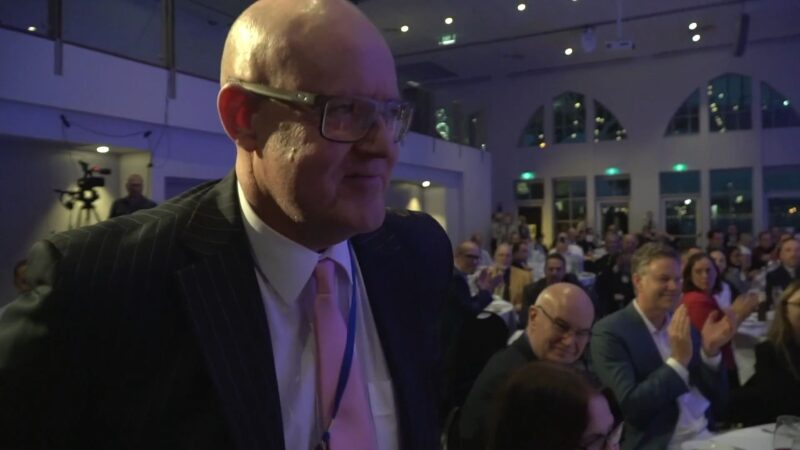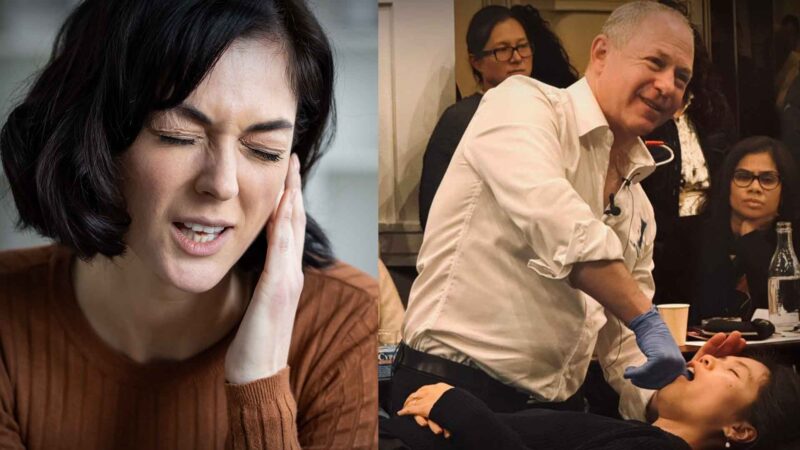PATIENT-PARAMEDIC TRUST CAN HELP FREE UP EMERGENCY DEPARTMENTS
Dr Robbie King,
Senior Advanced Care Paramedic/Community Paramedic,
Sunshine Coast District, Birtinya Station, Queensland Ambulance Service &
Lecturer & Researcher (Paramedicine), Australian Catholic University (ACU)
PEOPLE IN HEALTH CARE SEGMENT
Filmed in Brisbane, Queensland | December 2024
Dr. Robbie King is a Senior Advanced Care Paramedic with the Queensland Ambulance Service and a community paramedic. He is also a lecturer at the Australian Catholic University in Brisbane. After studying paramedicine and working as a student paramedic since 2009, he recognised that most patients attended by ambulance services did not require emergency interventions.
About a decade ago, Queensland Ambulance implemented the Local Area Assessment and Referral Unit, a community paramedic program. In his role at Queensland Ambulance Service, Dr. King has spent the past six years focusing on patients who may not need traditional emergency responses. His work involves performing enhanced assessments to understand patients’ psychosocial needs and determining appropriate healthcare pathways.
Dr. King’s PhD research consisted of quantitative and qualitative studies. The quantitative study analysed data from 1.5 million people who contacted New South Wales Ambulance Service, revealing that 12.6% were not transported to emergency departments. Notably, around 43% received emergency responses, yet many were found simply in need of reassurance.
The qualitative study involved interviews with 21 subjects from various regions, leading to the development of a theory centred on self-efficacy. The findings indicated that patients often experienced a loss of independence but gained self-reliance and confidence through compassionate, competent care from paramedics, allowing them to better manage their circumstances after the paramedics left.
Australian Health Journal spoke with Dr Robbie King earlier this year on his findings and what it could mean for paramedicine policy, education and practice.
You Might also like
-
Gavin Fox-Smith talks Medical Technology
Former Johnson & Johnson ANZ Managing Director, Gavin Fox-Smith on working in large & small MedTech companies
-
Physiotherapy approach to jaw & facial pain ties with dental expertise
Darron Goralsky is the Founder, CEO and Clinical Director of Melbourne TMJ & Facial Pain Centre, one of Australia’s leading multidisciplinary clinics dedicated to the assessment and management of temporomandibular disorders (TMD) and craniofacial pain.
-
Primary care remodelled
Tracey Johnson is the CEO of Inala Primary Care, a not-for-profit general practice located in Inala serving approximately 7000 patients; 4400 of whom attend clinic regularly. Inala is a suburb of Brisbane, Queensland and has a population of great cultural and linguistic diversity, with just under 40% of residents speaking English at home. It is also one of Queensland’s most socioeconomically marginalised urban areas.
Australian Health Journal spoke with Tracey on the role of Inala Primary care in reducing hospital admissions.



